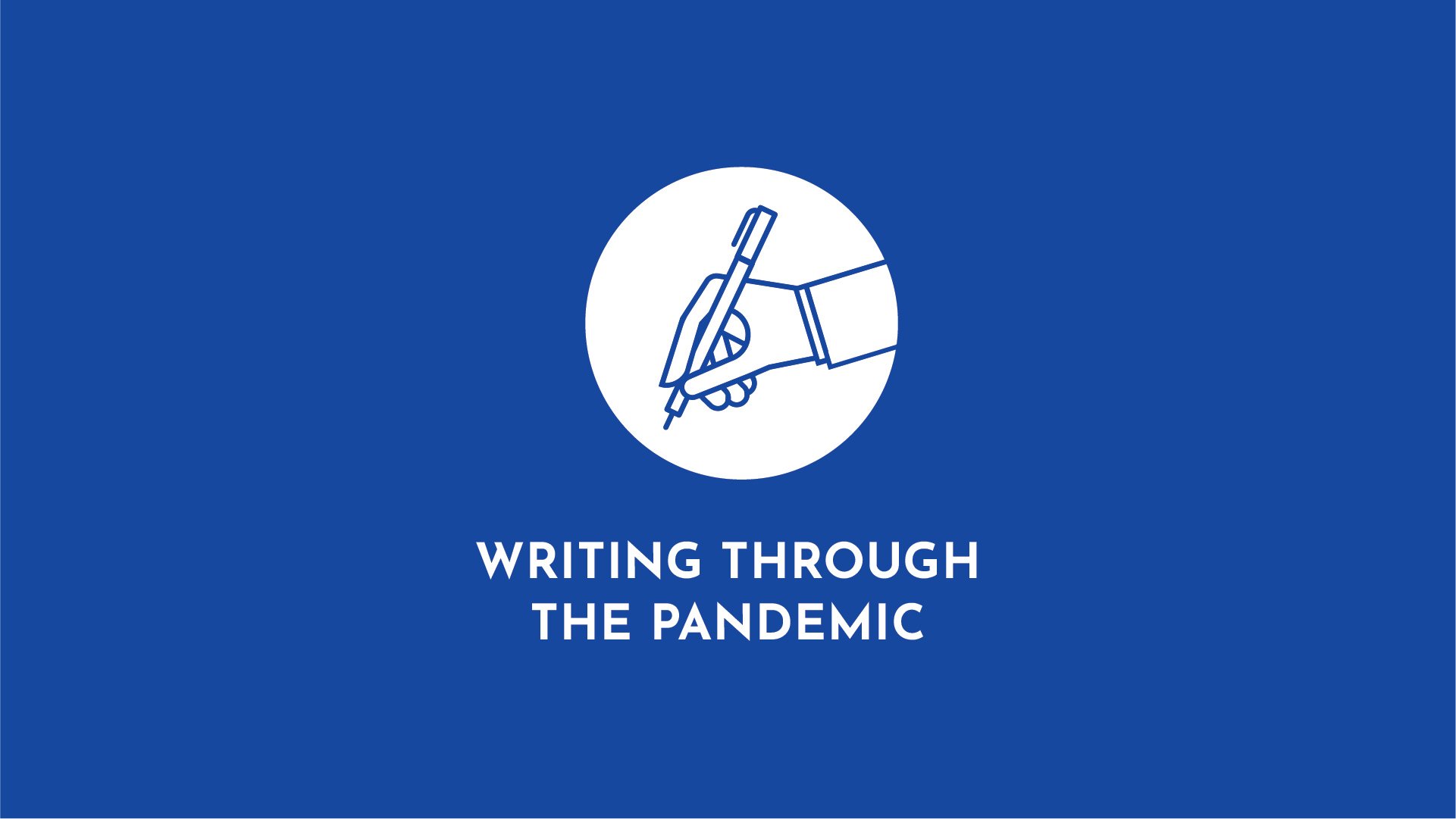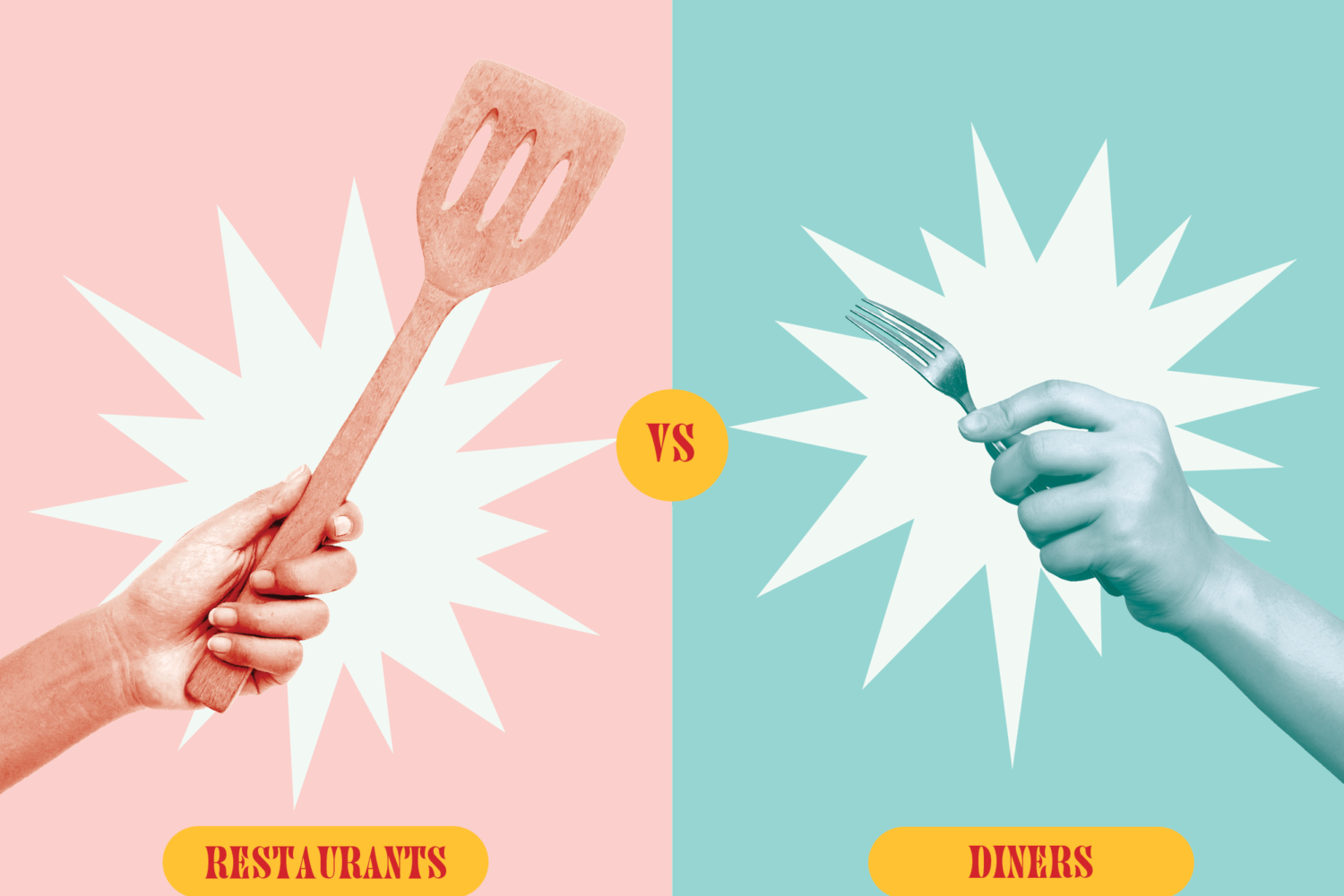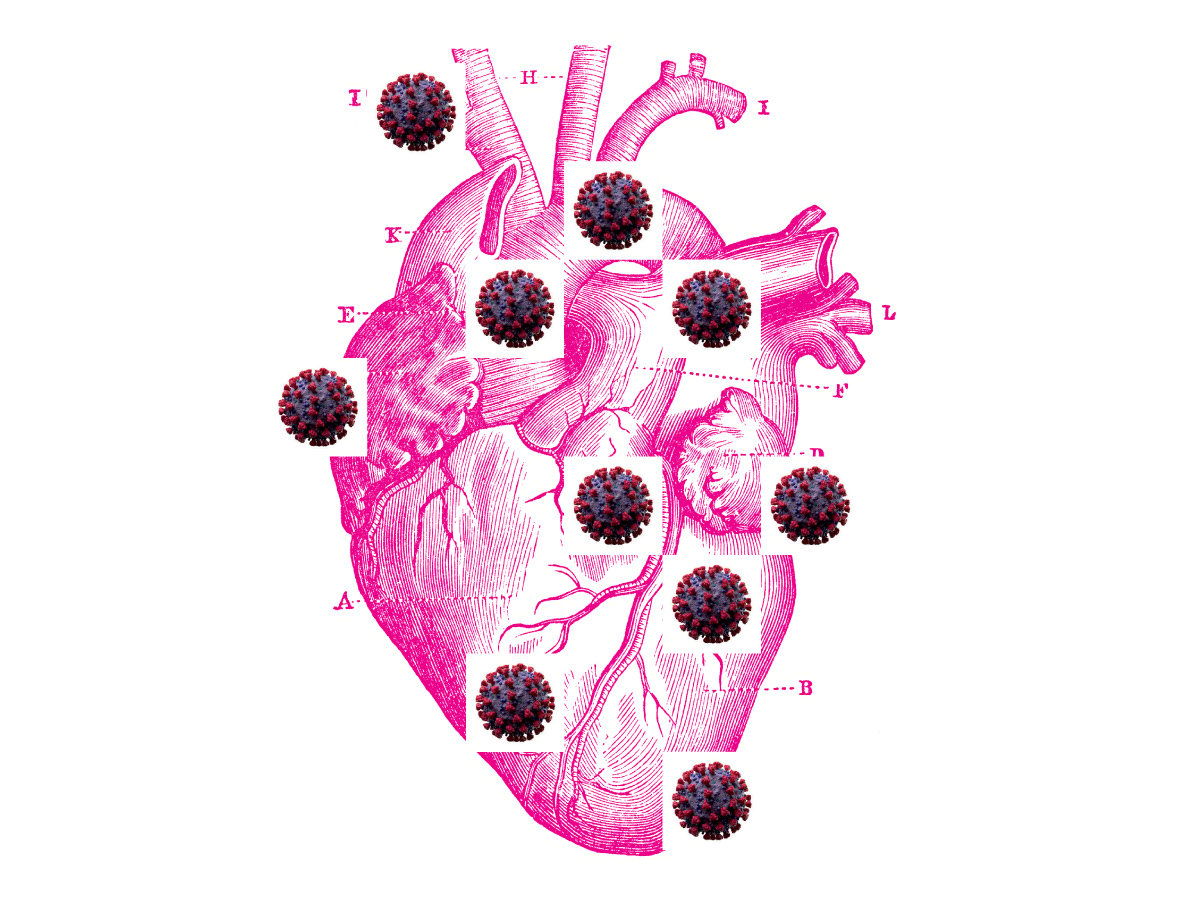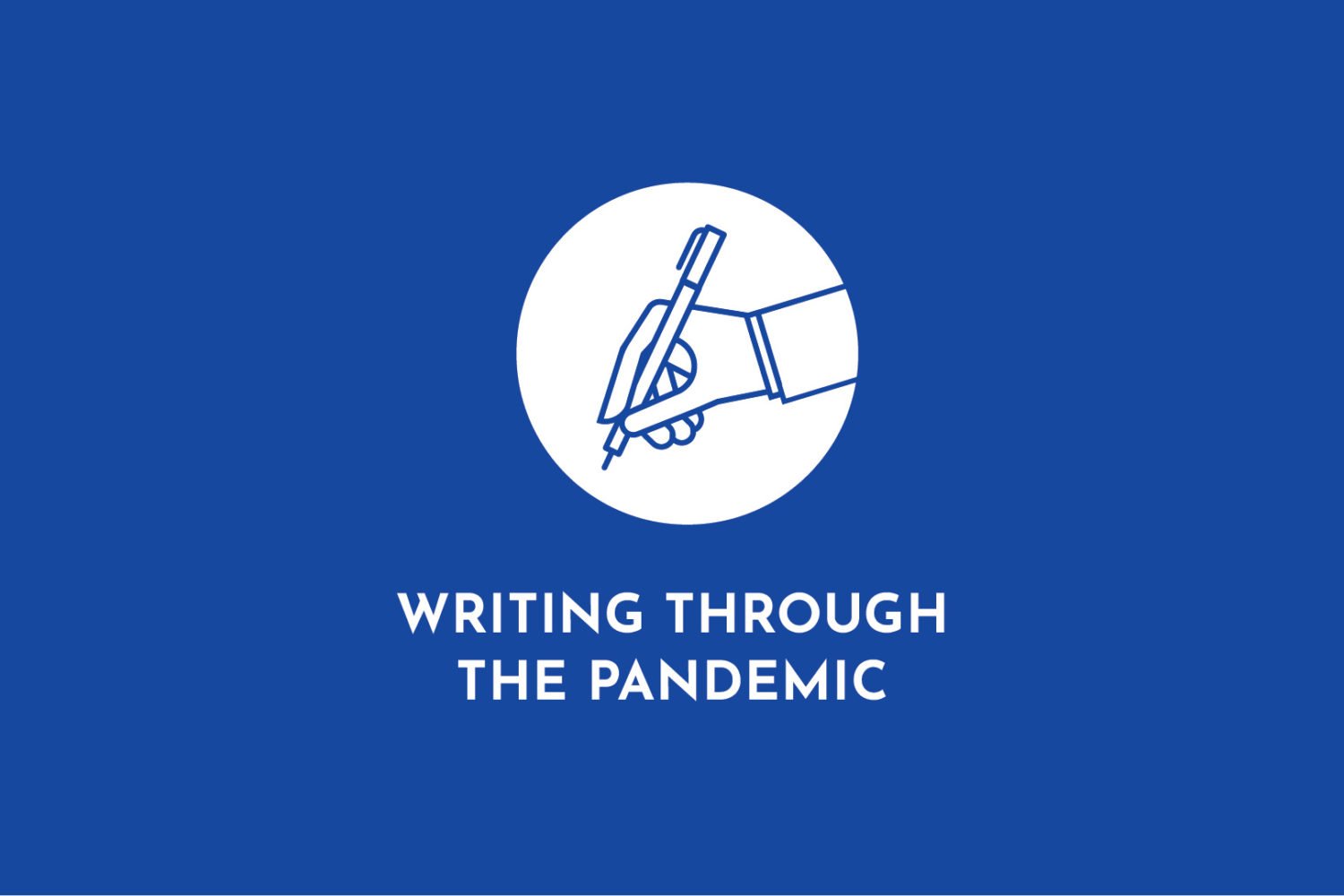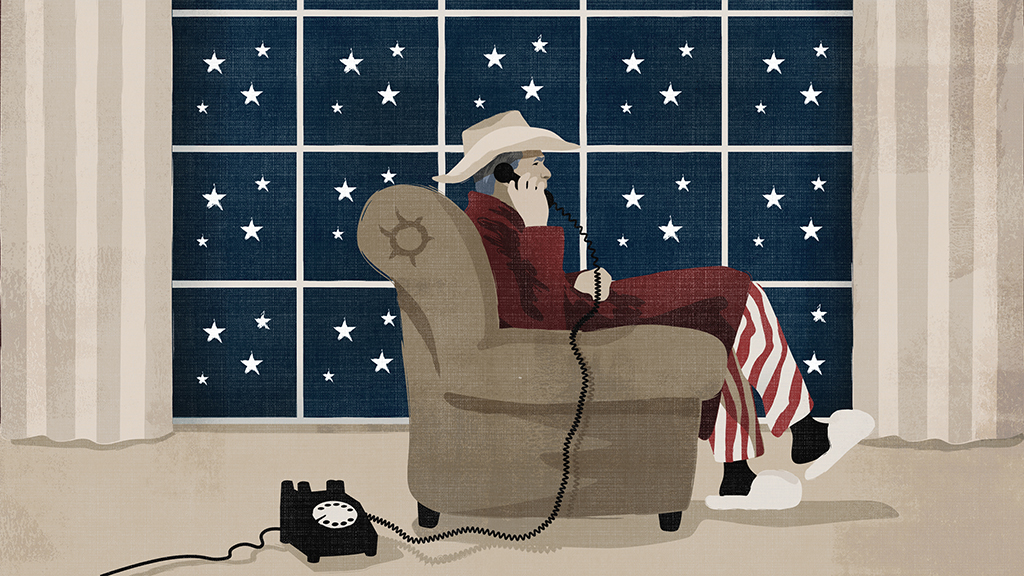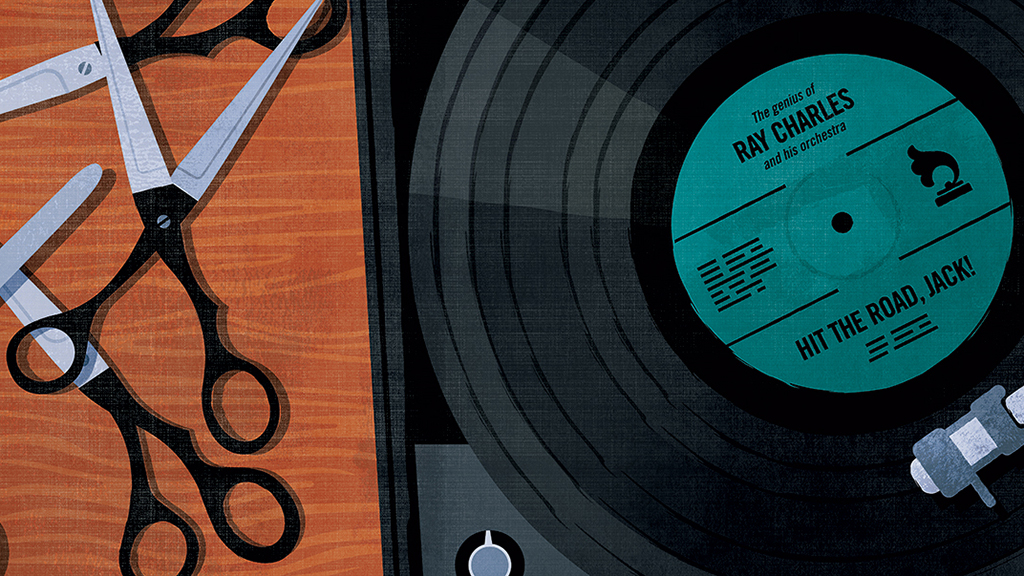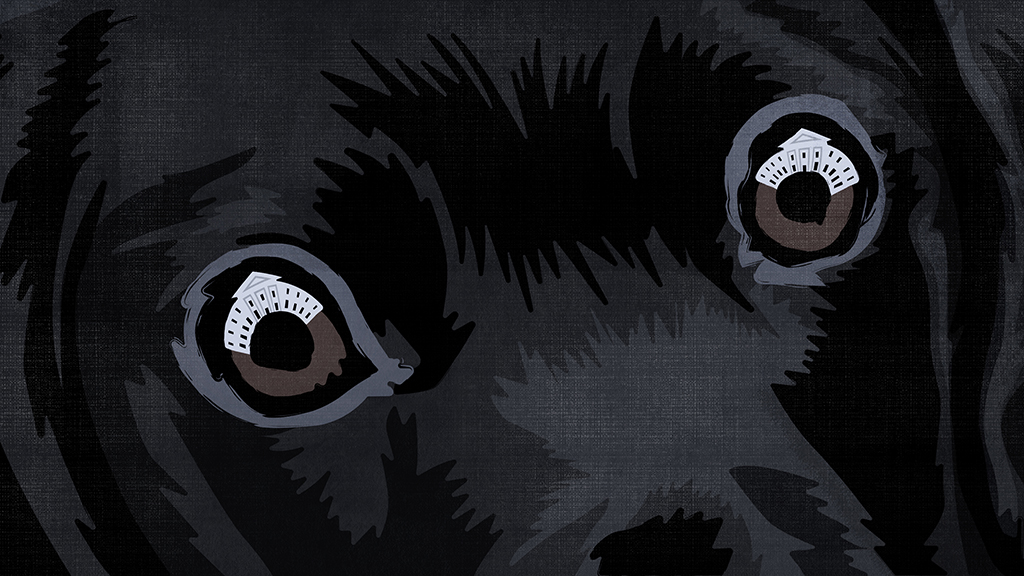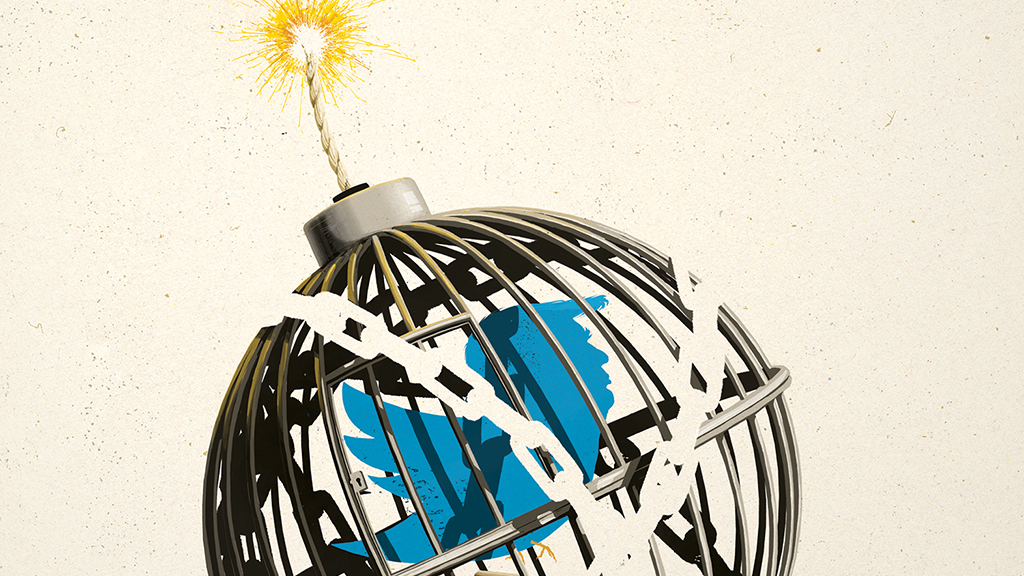About Coronavirus 2020
Washingtonian is keeping you up to date on the coronavirus around DC.
We asked Washington writers to share stories, poems, drafts, musings, and other things they’ve been working on during quarantine. Louis Bayard is writing a historical novel about the courtship of Jack Kennedy and Jackie Bouvier but offered us a short story in progress that he calls “of the moment,” adding: “For the record, I have yet to make any bread.” Bayard, who lives on Capitol Hill, is the author of nine novels, including Courting Mr. Lincoln, The Pale Blue Eye, and Mr. Timothy.
Day 1
Remember, Celia texts me, it’s a living thing.
As with all her texts, there’s a faint note of reproach. She wants me to feel as if she’s just deposited a child with me, maybe not her firstborn but definitely the third or fourth, and she’s apologizing in the next text that she can’t let me keep the container she sent it in—the container she practically tossed onto my doorstep before galloping back to her car—and in the next text, she encourages me to put it in a container of my own, only don’t bleach the container, just a thorough going-over with filtered water because chlorine will kill it, too, and I keep thinking: This thing—this it—is barely in my door and it’s practically already dead.
Even if it survives tonight, in the cracked Mason jar that I believe was originally given to us by our neighbor as a vessel for pickled beets—the jar that I’m only just now realizing I forgot to hose down with filtered water—even if it survives tonight, I’m guessing its chances of making it through another day are pretty slim. Because, for a living thing, it looks awfully still.
Which makes two of us.
I mean, how long have we been sheltering in place, and still not a day goes by that I don’t ask myself: Has time stopped or have I?
Maybe it would be different if I were working. If I were working, I wouldn’t feel obligated to take up a hobby for the sake of taking up a fucking hobby.
Baking. Jesus.
Of course, Celia keeps insisting it’s not a hobby, it’s a way of connecting with our ancestors. “For thousands of years,” she says, “this was how everyone made bread.” Yeah, well, a year ago, nobody I know was even eating bread. Remember? We treated it like a chalice of poison. You’d go out to a club and down any amount of carbs in liquid form, but if someone so much as thrust a slice of bruschetta in your face, it was all “Get thee behind me, Satan.” Now the same people who were recoiling from dinner rolls are buying up shelves of King Arthur flour. I mean, this is the real pandemic—millions of loaves rising up from millions of quarantined kitchens, and who, I want to know, is going to eat them all?
“I will,” says Dave. “I love bread.”
And why does Dave love bread? Dave loves bread because he doesn’t put on weight. He can still fit in the tux from our wedding, and that was seven years ago. He would probably argue that he remains thin because of all the exercise he does, and who am I to dispute him, because these days I get to see it all happening. Every squat and lunge, every plyometric pushup, in the bedroom, the foyer, on the living-room carpet. If I get up and leave the room, he actually follows me. “Hey, babe, can you hold down my feet while I do my crunches?” “Hey, babe, you like seeing me all sweaty like this? Is it putting any ideas in your head?”
No, I want to tell him. Those ideas left on the very first day of quarantine when I found him cutting his toenails at the dining-room table. Yep, in that moment, Eros done curled up and died, and there’s been no rousing him since.
Just like there’ll be no rousing Celia’s starter. It will sit there in that Mason jar forever. Dying by degrees.
Well, there’s no point in putting off my newest failure any longer. I find the warmest part of my kitchen, which turns out to be the top of the fridge, and when I tuck the jar away, I actually hear myself say, “Good night.”
Which is as clear a sign as any of how bad it’s gotten. Good night, my little sourdough starter.
A little after 10, I get a text from Celia.
dont forget 2 feed it!!
Day 2
I nearly forget to feed it.
In fact, I forget all about it completely until about 10 minutes to 11. I’m sprawled in bed, watching the same episode of Schitt’s Creek as last night, as the night before, waiting for the Advil PM to kick in, when the thought comes crawling into my half-awake brain. Like Celia’s voice, marbled with disappointment.
It’s hungry, Janey.
In the next second, I’m grabbing my slippers and rushing down the stairs and reaching for the jar and opening the lid. A wave of pungent gas wells up, and as I blow it back out of my nostrils, I gaze down at that inert beige form. It’s then I realize I don’t have the feeding formula. Celia sent it by e-mail, and I’d have to find my phone and mount a search for it, and by then—well, all I can see is this little dying thing committed to my trust. Soon to be a non-starter. In a panic, I plunge my hand into a bag of flour and toss a handful into the jar, then I pour in some water from the sink, and I mix it with a pair of chopsticks from Young Chow takeout. The influx of liquid seems to give it a fresher color, and I watch in relief as a single bubble rises to the surface. Swells unexpectedly and then lightly bursts, releasing not vapor, or not just vapor, but a softly strangled sound.
In the next moment, I could swear that sound coheres into a word.
No, two words.
Thank . . . you.
Day 3
Celia comes by the next morning to collect her container. She asks me to leave it on the front porch so our microclimates won’t intersect. I can’t explain why, but the sight of her stirs something in me. I realize I don’t want her to leave just yet, so I say, in a voice that instantly registers as pathetic:
“Well, I fed it.”
“Oh, that’s great!” Celia’s eyes brighten above her mask. “That’s really great, Janey. Now, I probably should have reminded you but—did I mention you have to take some out before you feed it? Of course, it’s all there in the formula, so—I mean, if you follow the steps, you can’t go wrong!”
She turns to leave again, and once again I stop her.
“Hey, does your . . . I mean, is your starter supposed to . . . .”
Thank you, is what I’m about to say. Is your starter supposed to thank you? And the fact that I don’t allow these words to leave my mouth is maybe the only thread still tethering me to sanity. Hours later, I can even amuse myself imagining what her response would have been. “Well, it darn well should,” I imagine her saying as she sprints back to her Toyota Prius Plug.
That night, I make a point of feeding the starter before I go to bed. The formula is useless because it’s all in grams and I don’t have a scale, so after tossing a hunk of it into the sink, I fall back on last night’s feed-by-feel method. The result is the same. A deepening of color, a soft rumbling from below, and then a single bubble breaking the surface.
“Smells pretty funky,” says Dave.
Little twinkle toes. He’s crept up behind me and wrapped his arms around my midsection. He’s breathing damply in my ear.
“Well, sure,” I say. “I mean, it’s fermenting. It’s what it does.”
“When do you actually make bread from it?”
“Well, I mean, I’ll have to check. There are very strict rules about this.”
Though I don’t remember what they are.
One of his hands slides up; one slides down. I’m about to suggest some other time—tomorrow morning—next year. Some other wife, maybe. I close my eyes, the better to gather my resistance, and when I open them, the bubble has expanded beyond what I would have thought possible. Maybe an inch and a half in diameter. As wet and shiny as spun glass. No longer growing. Not shrinking. Sure as hell not popping. Just—biding.
Watching.
“Hey, babe,” says Dave. “You got a fever or something? You’re shaking all over.”

